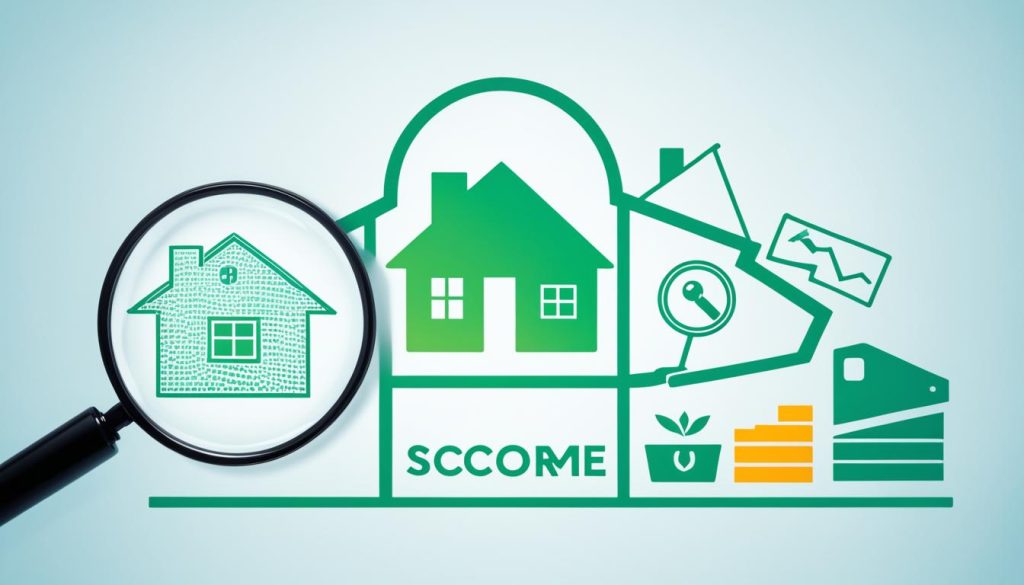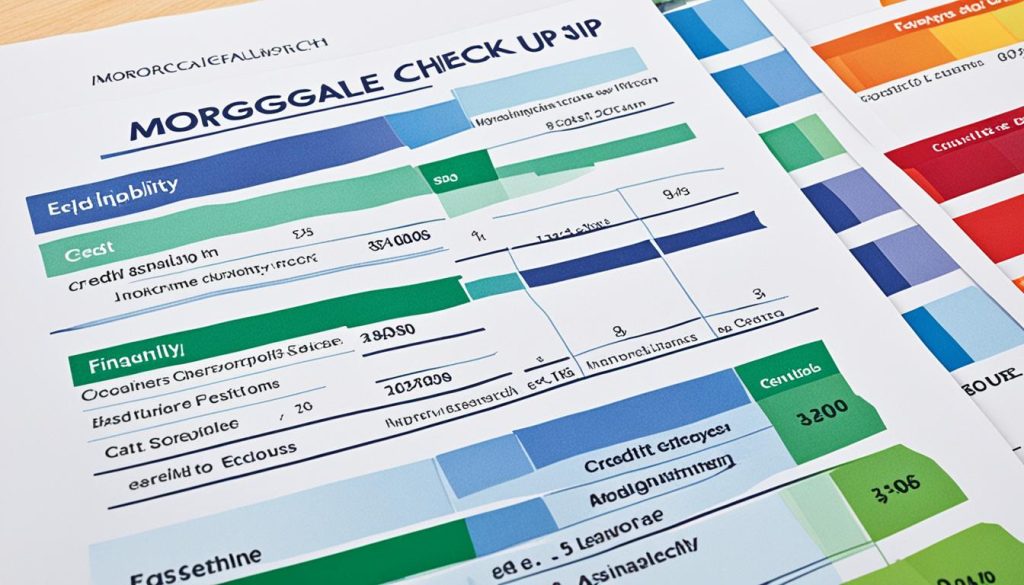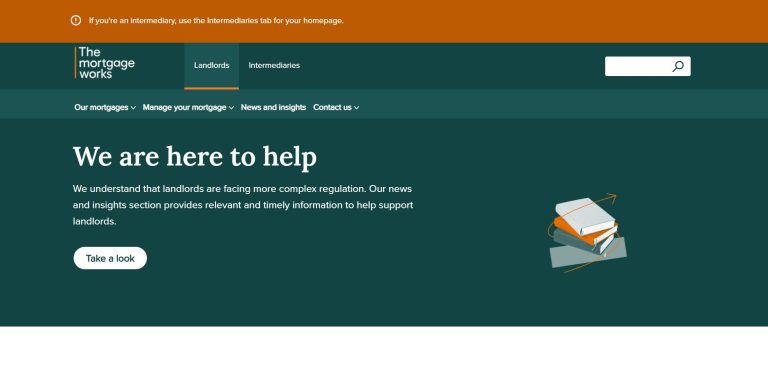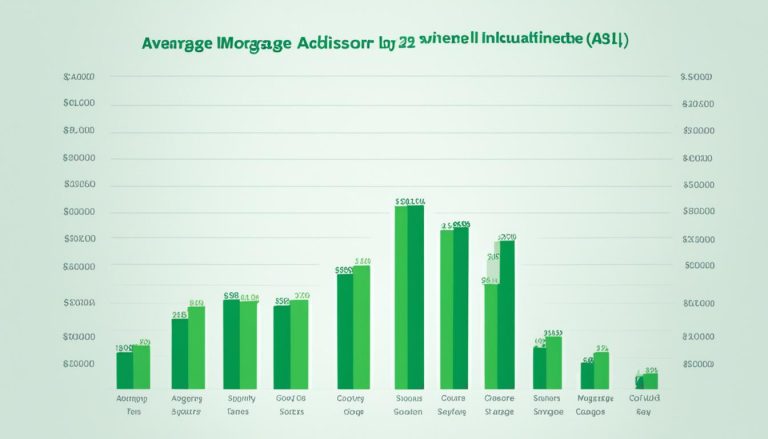Applying for a mortgage can be a daunting process, but with the right preparation, it can become a smooth journey towards homeownership. In this article, we will guide you through the steps to apply for a mortgage and provide valuable insights into the mortgage application process.
What You Need to Know About Mortgage Approval Criteria?
When it comes to applying for a mortgage, understanding the mortgage approval criteria is essential. Lenders evaluate various factors to determine whether you are eligible for a mortgage and can afford the monthly repayments. By familiarizing yourself with the criteria, you can improve your chances of getting approved and avoid any potential roadblocks.
Income, Expenses, and Debts
One of the key aspects lenders assess is your income, expenses, and debts. They want to ensure that you have a stable and sufficient income to meet the mortgage repayments. Your expenses and debts help them understand your financial obligations and determine your affordability. Keeping your debts low and managing your expenses effectively can positively impact your mortgage eligibility.
Credit Checks and Stress Tests
Lenders also conduct credit checks to assess your creditworthiness. A good credit history demonstrates responsible financial behavior and increases your chances of mortgage approval. On the other hand, a poor credit history, such as missed payments or defaults, can affect your eligibility. Lenders may also conduct stress tests, where they evaluate your ability to afford mortgage repayments under different scenarios, such as an increase in interest rates.
Factors That Can Affect Mortgage Eligibility
Several factors can affect your mortgage eligibility. These include a poor credit history, high levels of debt, low income, or unstable employment. It’s crucial to address any issues and improve your financial situation before applying for a mortgage. Taking proactive steps, such as paying off outstanding debts, improving credit scores, and increasing your income, can enhance your mortgage eligibility.

What Stops You Getting a Mortgage?
Understanding what can stop you from getting a mortgage is essential for a successful application. By addressing these issues beforehand, you can increase your chances of approval. Some common factors that may hinder your mortgage approval include:
- Poor credit history
- High levels of debt
- Insufficient income
- Unstable employment
- Recent bankruptcy or foreclosure
By addressing these factors, working on improving your credit, reducing debts, increasing your income, and stability, you can improve your mortgage eligibility and increase your chances of getting approved.
| Mortgage Approval Criteria | Description |
|---|---|
| Income and Affordability | Evaluating your income, expenses, and debts to determine if you can afford the mortgage repayments. |
| Credit History | Assessing your creditworthiness through credit checks and ensuring responsible financial behavior. |
| Stress Tests | Conducting stress tests to evaluate your ability to handle potential changes in interest rates or financial circumstances. |
| Debts and Expenses | Analyzing your existing debts and expenses to determine your financial stability and affordability. |
How to Apply for a Mortgage?
Before applying for a mortgage, it’s important to be prepared and have all the necessary documents in order. This checklist will help you gather the required documents and ensure a smooth mortgage application process.
1. Check Your Credit Reports
Start by accessing your credit reports and reviewing them for any errors or discrepancies. Make sure that the information is accurate and up-to-date. Lenders will use this information to assess your creditworthiness, so it’s essential to have this in order.
2. Collect the Required Documents
Gather all the necessary documents that will be required for your mortgage application. These documents may include:
- Proof of income, such as pay stubs, employment contracts, or tax returns
- Bank statements to demonstrate your financial stability
- Identification documents, such as a passport or driving license
- Proof of address, such as utility bills or a tenancy agreement
3. Be Accurate and Consistent
When filling out your mortgage application, ensure that all the information you provide is accurate and consistent. Any discrepancies or inconsistencies can delay or even result in the rejection of your application.
4. Gather Property Information
Along with your personal documents, gather information about the property you intend to purchase. This may include the address, details of the estate agent you are working with, and the solicitor who will handle the legal aspects of the purchase.
By following these steps and having all the necessary documents ready, you’ll be well-prepared for your mortgage application. This level of preparedness will help streamline the process and increase your chances of securing a mortgage successfully.

Understanding How Lenders Assess Your Finances
When you apply for a mortgage, lenders carefully evaluate your financial situation to determine if you can afford the loan. They take into account various aspects of your income and expenses, as well as conduct stress tests to assess your ability to handle unforeseen circumstances. Here’s a breakdown of how lenders assess your finances:
Evaluating Income and Expenses
Lenders analyze your income and expenses to understand your financial stability and determine if you can afford the mortgage repayments. They consider your regular household bills, existing debts, and how you spend your money on essentials like travel, childcare, and other living costs.
It’s important to have a clear understanding of your income and expenses before approaching a mortgage lender. Ensure you have accurate documentation that showcases your reliable income sources and the consistency of your monthly cash flow.
Conducting Stress Tests
Lenders conduct stress tests to assess your mortgage affordability under different scenarios, such as changes in interest rates or life events like retirement or maternity leave. These tests aim to ensure that you can still comfortably manage your mortgage repayments even if there are potential fluctuations or challenges in your financial situation.
During a stress test, lenders may evaluate your ability to make repayments at a higher interest rate than the current market rate. This is done to ensure that you can handle potential increases in mortgage costs in the future.
It’s important to note that stress tests are conducted to protect both you and the lender. Demonstrating your ability to handle potential financial challenges can strengthen your mortgage application.

Image: A visual representation of financial planning and budgeting. Alt attribute: how do lenders check I can afford a mortgage
Gathering Documentation
To accurately assess your finances, lenders require supporting documentation. This typically includes:
- Proof of income: Payslips, tax returns, or bank statements that demonstrate a stable income
- Bank statements: A detailed record of your bank accounts, showcasing your financial habits and cash flow patterns
- Identification: Valid identification documents such as a passport or driving license
Additionally, lenders may request additional documents based on your specific financial circumstances. It’s essential to provide complete and accurate documentation to support your mortgage application.
| Income | Expenses |
|---|---|
| Salary from primary job | Mortgage or rent payments |
| Income from secondary job | Utility bills (electricity, water, gas) |
| Rental income | Insurance payments |
| Investment income | Transportation expenses |
Table: Sample breakdown of income and expenses. This table showcases the different sources of income and typical expenses that lenders consider when evaluating mortgage affordability.
Exploring Additional Mortgage Options
If you’re considering different mortgage options, it’s important to explore beyond the traditional choices. Let’s take a closer look at two additional options that may suit your needs: the interest-only mortgage and the mortgage in principle.
Interest-Only Mortgage
An interest-only mortgage is a type of mortgage where you only pay the interest on the loan each month, rather than paying off any of the capital. This means your monthly payments are lower than with a typical repayment mortgage. However, it’s crucial to note that not all lenders offer interest-only mortgages, and there are specific eligibility criteria that must be met.
When applying for an interest-only mortgage, you’ll need to provide the lender with a credible repayment method. This method should demonstrate to the lender that you have a plan in place to repay the capital at the end of the mortgage term. Common repayment methods include savings, investments, or even the sale of another property.
Additionally, income criteria must be met in order to qualify for an interest-only mortgage. Lenders will need to ensure that you have a reliable and sufficient income to cover the interest payments and that you can demonstrate the ability to repay the capital at the end of the term.
Mortgage in Principle
Obtaining a mortgage in principle, also known as a decision in principle, is an essential step in the mortgage application process. It provides you with an indication of how much you can borrow before making a formal mortgage application.
A mortgage in principle involves a lender assessing your financial situation, including your income, debts, and credit history, to determine the maximum amount they are willing to lend you. This can be helpful for budgeting and understanding your borrowing capacity when searching for properties within your price range.
Having a mortgage in principle can also make you more appealing to sellers as it shows that you are a serious buyer who has taken the necessary steps to secure financing.
To obtain a mortgage in principle, you will need to provide relevant documentation and undergo a credit check. The process generally involves filling out a form with details about your income, employment, and regular outgoings. Once the assessment is complete, the lender will provide you with a certificate or document outlining the amount they are prepared to lend.
By exploring additional mortgage options like the interest-only mortgage and obtaining a mortgage in principle, you can widen your choices and make more informed decisions about your mortgage application.
The Importance of Speaking to a Mortgage Adviser
With the complexities of the mortgage market, seeking advice from a mortgage adviser can be incredibly beneficial. A mortgage adviser is a professional who can help you navigate through the various mortgage options available and find the right lender for your specific needs. They provide valuable guidance throughout the application process, ensuring that you make informed decisions every step of the way.
One of the primary benefits of working with a mortgage adviser is their ability to help you understand the total cost of your mortgage. They can provide you with information on fees and charges associated with different lenders, helping you make an accurate assessment of the overall financial commitment. This knowledge allows you to compare mortgage offers and choose the one that aligns with your budget and long-term financial goals.
Access to Expert Advice and Resources
A mortgage adviser has in-depth knowledge of the mortgage market and works with multiple lenders, giving them access to a wide range of mortgage products. They can review your financial situation, assess your eligibility, and recommend mortgage options that suit your specific circumstances. This personalized approach saves you time and effort, as the adviser does the groundwork for you, helping you find the most suitable mortgage lender.
Mortgage advisers also stay up-to-date with the latest market trends, interest rates, and changes in lending criteria. Their expertise ensures that you receive accurate and relevant advice that considers the current market conditions and your unique financial situation.
Save Time and Increase Approval Chances
Applying for a mortgage can be a time-consuming process, requiring extensive research and paperwork. With a mortgage adviser by your side, you can rely on their expertise to streamline the application process. They can assist you with gathering the necessary documents, completing the paperwork correctly, and submitting the application on your behalf.
Moreover, mortgage advisers understand lenders’ criteria and know which lenders are more likely to approve your mortgage application. They can help you present your financial profile in the best possible light, increasing your chances of mortgage approval.
| Benefits of Speaking to a Mortgage Adviser |
|---|
| Access to a wide range of mortgage products |
| Expert advice tailored to your financial situation |
| Information on fees and charges |
| Time-saving assistance with paperwork and application process |
| Increased chances of mortgage approval |
Conclusion
Applying for a mortgage is a significant step towards owning your dream home. It requires careful preparation and understanding of the process. By following the steps outlined in this guide and seeking professional advice, you can increase your chances of successfully obtaining a mortgage.
One crucial aspect to consider is your budget. Take the time to evaluate your financial situation and determine what you can comfortably afford. Remember, mortgage rates can vary, so it’s essential to research and compare different rates offered by lenders.
Utilizing a mortgage affordability calculator can help you estimate how much you can borrow and the potential monthly mortgage repayments. This tool allows you to input your income, expenses, and other financial details to get an idea of what you can afford.
Keep in mind that while a mortgage affordability calculator provides useful insights, it’s always advisable to consult a mortgage adviser for personalized guidance. They can analyze your specific circumstances, explore different mortgage options, and help you find the right lender for your needs.
FAQ
How do lenders assess if I can afford a mortgage?
Lenders evaluate your income, expenses, and spending habits to determine if you can afford a mortgage. They consider factors such as regular household bills, debts, and how you spend your money on living costs and other obligations. They also conduct stress tests to assess your ability to handle potential changes in interest rates or life events.
Can I apply for an interest-only mortgage?
Not all lenders offer interest-only mortgages. To be eligible, you will need to provide a credible repayment method and meet the income criteria set by the lender.






